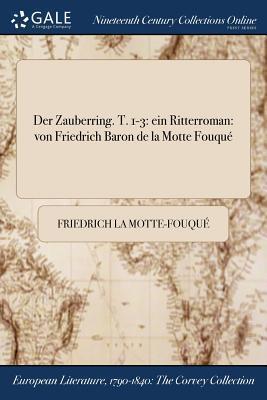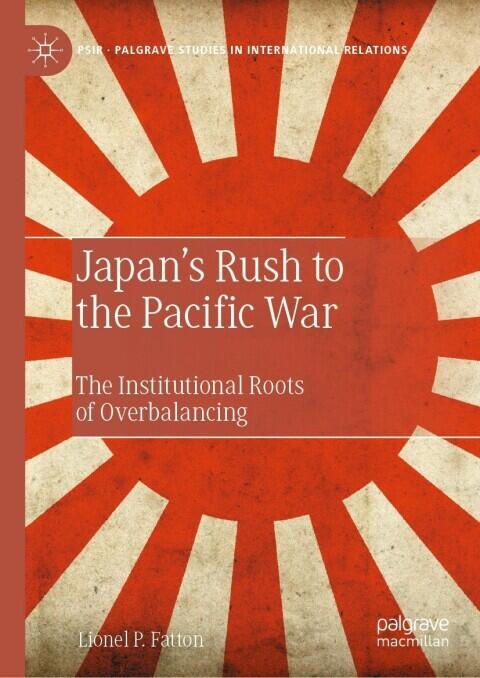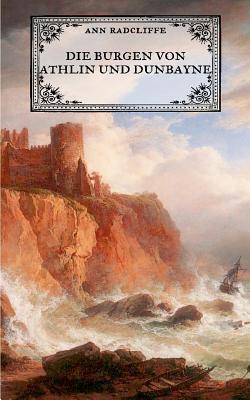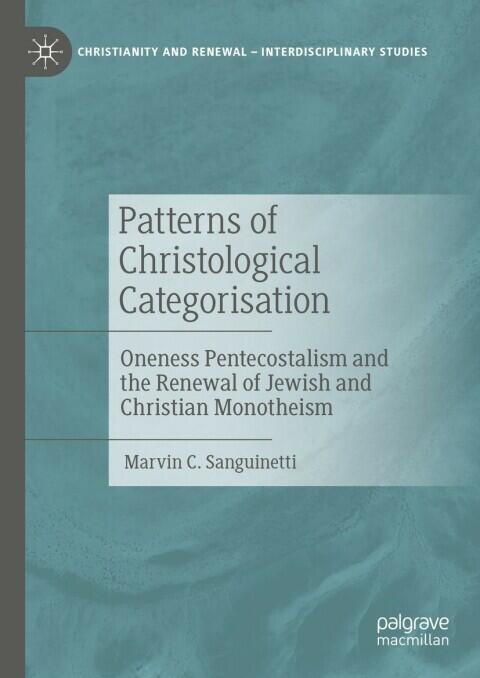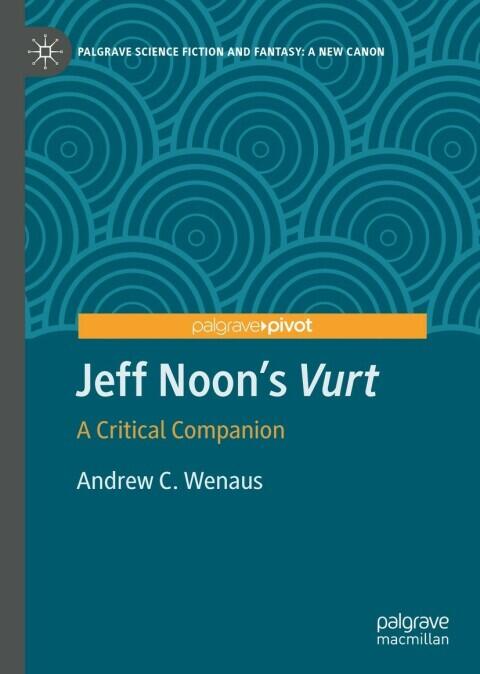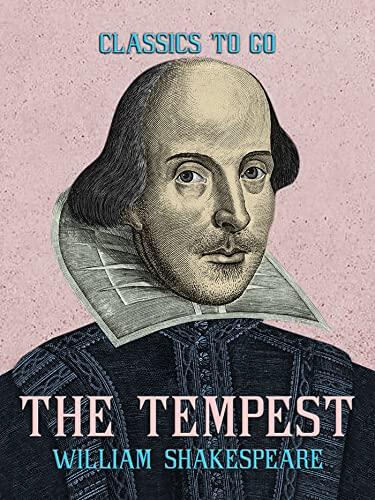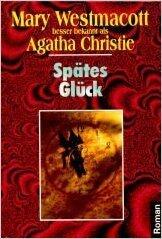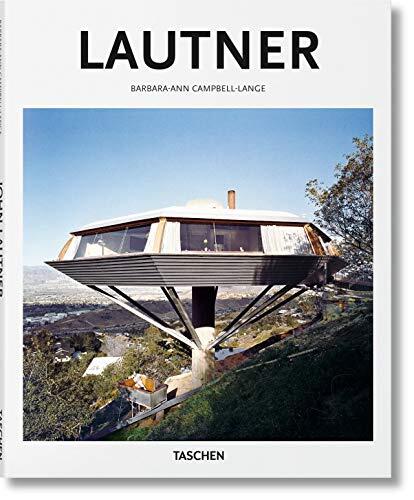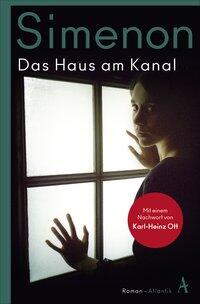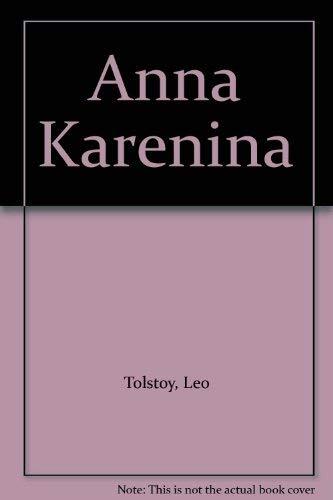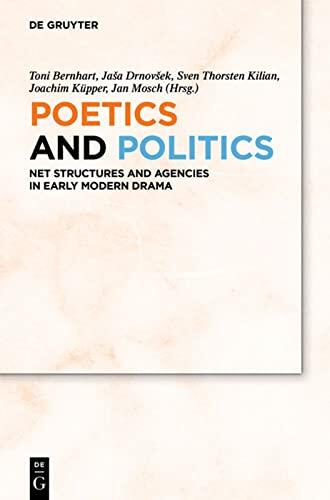
Poetics and Politics: Net Structures and Agencies in Early Modern Drama
まだ評価がありません
Romance
History
形式
ハードカバー
ページ数
280
言語
ドイツ語
公開されました
Aug 21, 2018
出版社
Walter de Gruyter
ISBN-10
311053665X
ISBN-13
9783110536652
説明
In this intriguing exploration of early modern drama, the authors delve into the intricate interplay between poetics and politics, offering insights into the structures and agencies that shaped theatrical production during this transformative era. The narrative weaves a rich tapestry of insights sourced from diverse scholars, each contributing to a multifaceted understanding of how artistic expression was deeply intertwined with the sociopolitical context of the time.
Rich in analysis, the work examines how theatrical forms not only presented narratives but also acted as a medium for political discourse, reflecting societal tensions and aspirations. The authors argue that the structure of these dramas served to reinforce or challenge prevailing ideologies, providing a lens through which readers can appreciate the significant role of theater in shaping public perception and moral thought.
Through their collaborative efforts, the authors highlight individual plays and figures that exemplified these dynamics, grounding theoretical discussions in tangible examples. By drawing connections between artistic practices and political undertones, they reveal the enduring relevance of early modern drama, affirming its place as a critical field of study within both literature and cultural history.
Rich in analysis, the work examines how theatrical forms not only presented narratives but also acted as a medium for political discourse, reflecting societal tensions and aspirations. The authors argue that the structure of these dramas served to reinforce or challenge prevailing ideologies, providing a lens through which readers can appreciate the significant role of theater in shaping public perception and moral thought.
Through their collaborative efforts, the authors highlight individual plays and figures that exemplified these dynamics, grounding theoretical discussions in tangible examples. By drawing connections between artistic practices and political undertones, they reveal the enduring relevance of early modern drama, affirming its place as a critical field of study within both literature and cultural history.
